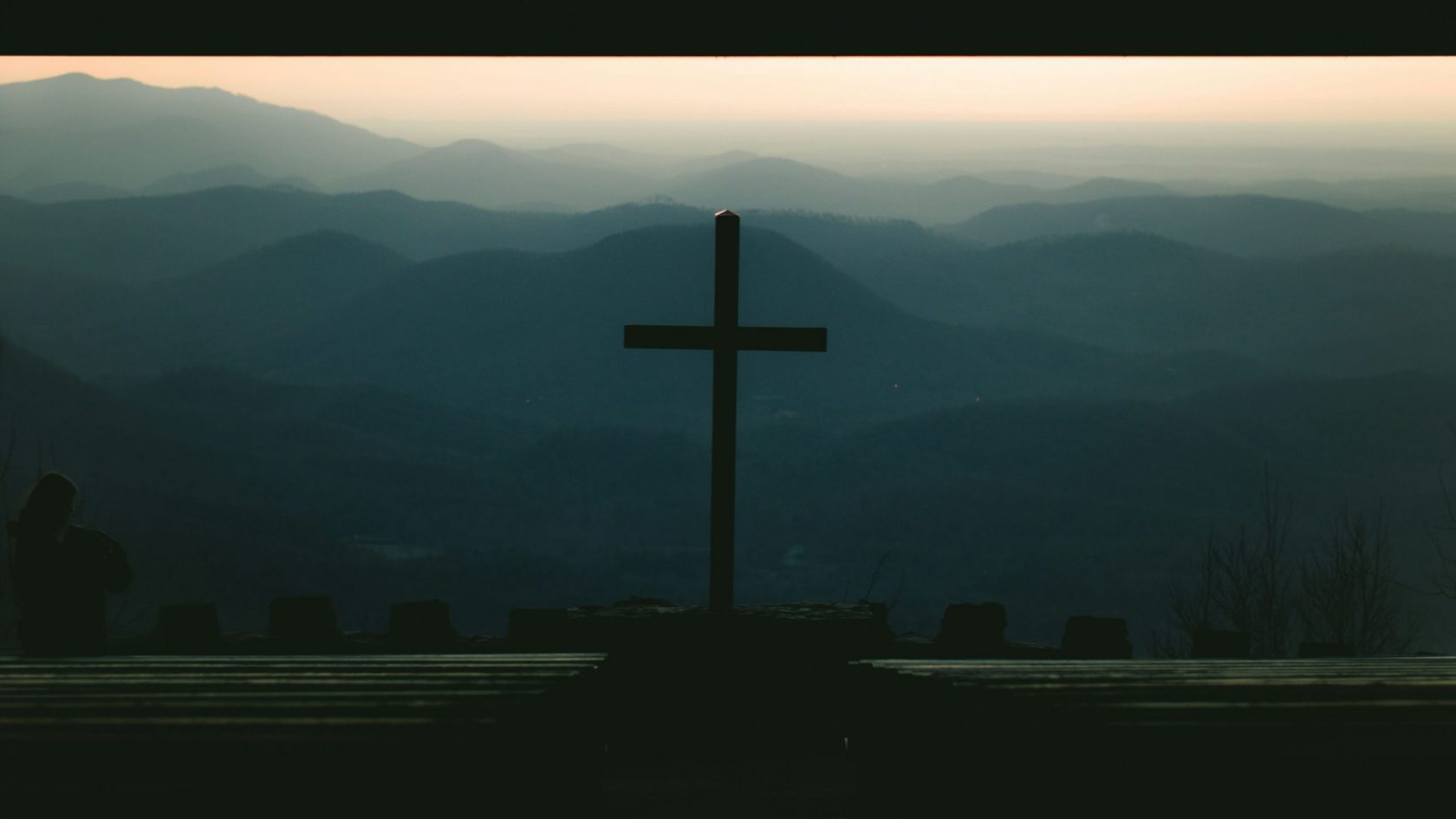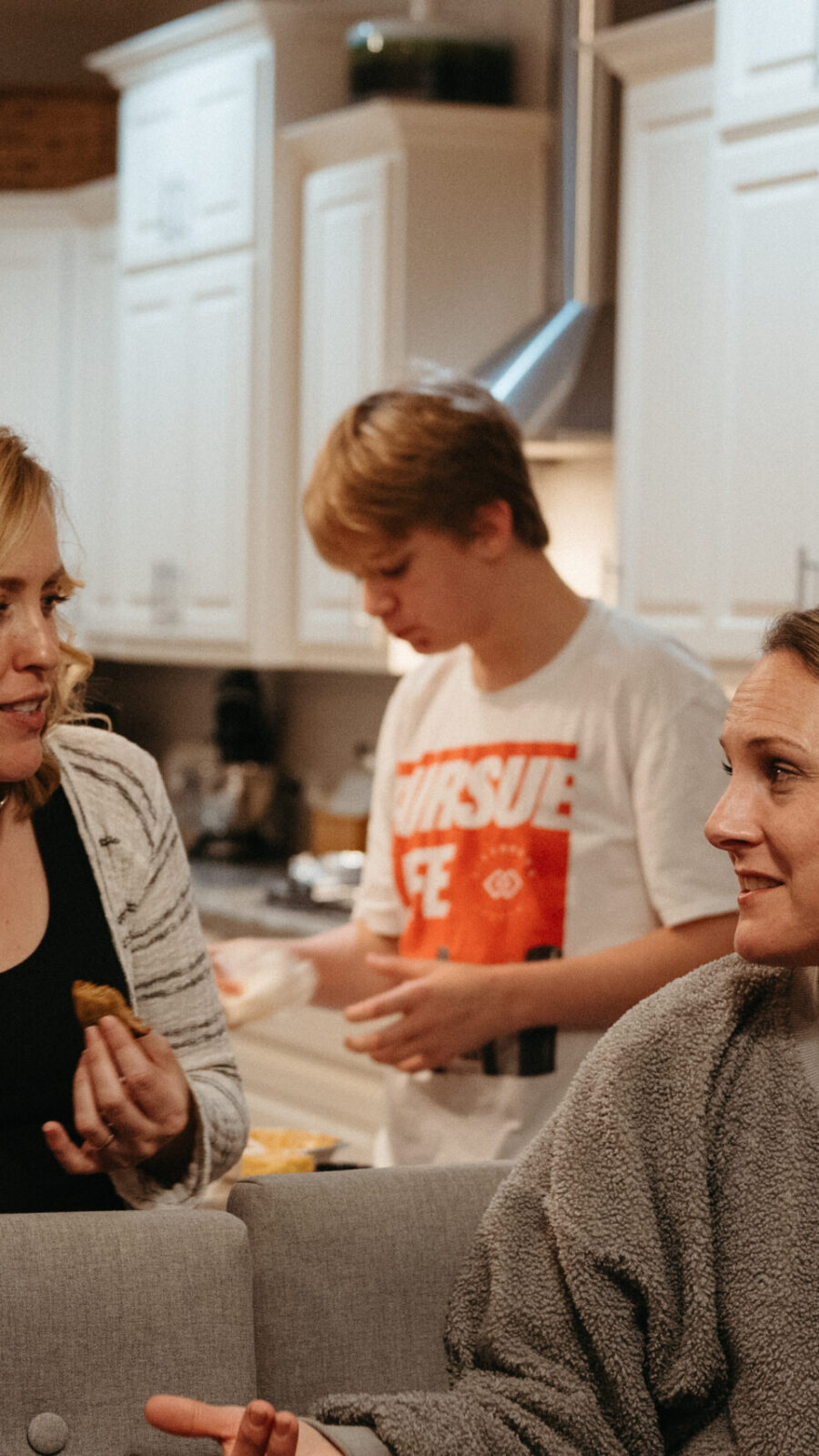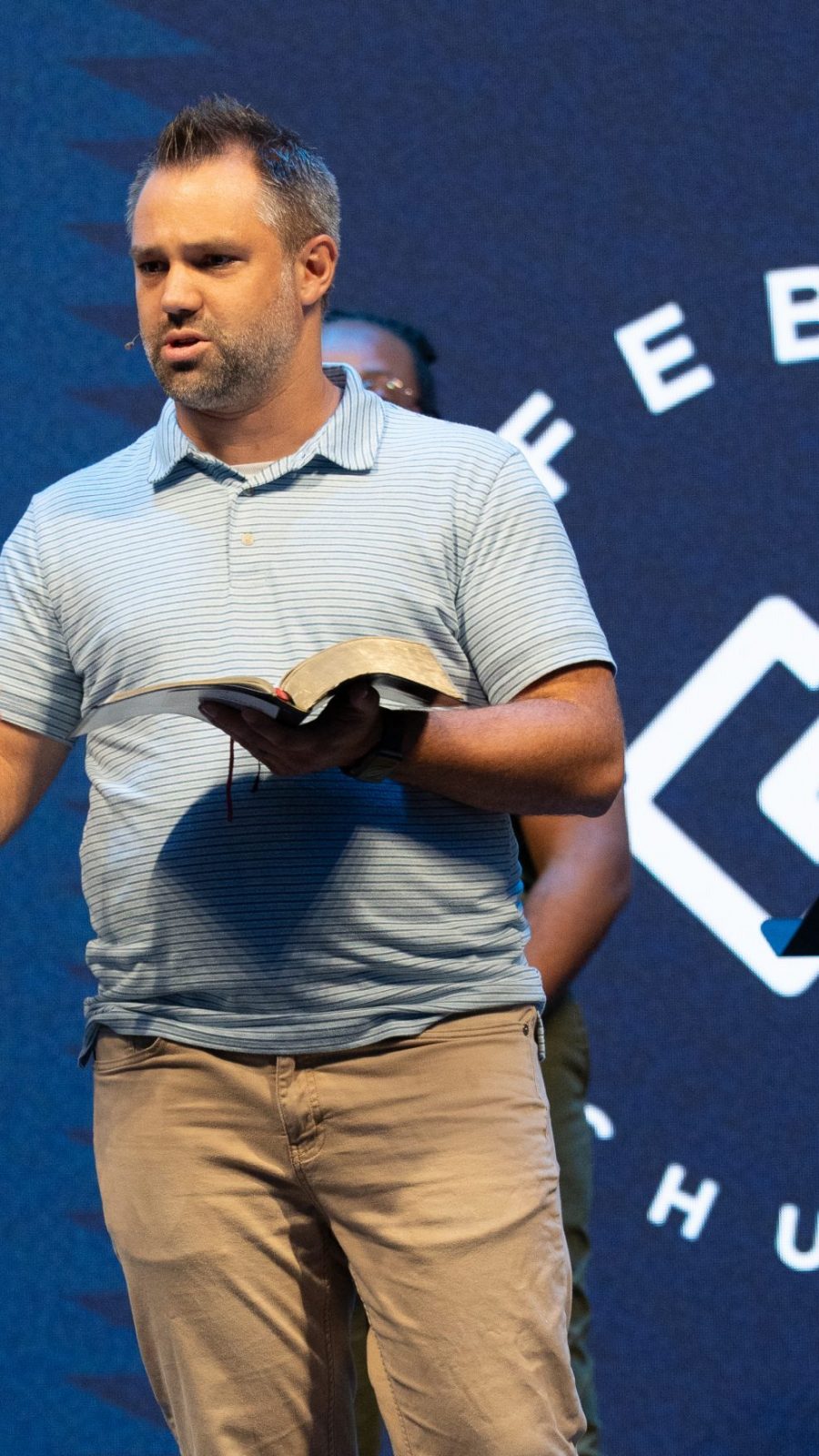Have you ever wondered why the wicked seem to prosper while the faithful struggle? Why corruption climbs the ladder while honesty goes unnoticed? You’re not the first.
In the book The Escape Artist, Jonathan Freedland tells the story of Rudolf Vrba, a teenager deported to Auschwitz. Vrba was forced to sort through mountains of stolen belongings: coats, shoes, medicine, all taken from families who were promised safety but marched to their deaths. The Nazis did not just kill; they plundered. They profited from cruelty.
That same thread runs through Esther’s story. In chapter 3, Haman convinces King Xerxes to annihilate the Jews, and he sweetens the deal with a promise of plunder. Evil rarely shows up empty-handed; it comes with a business plan. Destroy, steal, and profit.
But woven into Esther’s pain, orphaned, displaced, and forced into a king’s harem, was a greater purpose. Behind her tears, God was quietly at work, setting her in place for a moment she could not yet see. Mordecai, too, wrestled with injustice. He saved the king’s life, only to watch Haman, a sworn enemy of God’s people, rise to power. It must have felt like heaven was silent.
Maybe that is where you are. Maybe you are grieving, displaced, or watching others advance while you are overlooked. Maybe life feels like tangled knots on the underside of a tapestry. But here is the good news: God is not finished. What looks like chaos to you is providence to Him.
History tells us this truth again and again. Joseph’s betrayal became rescue. Jesus’ crucifixion became salvation. Corrie ten Boom, who survived Ravensbrück, said it best: “Although the threads of my life have often seemed knotted, I know, by faith, that on the other side of the embroidery there is a crown.”
So if evil feels like it is rising in your story, do not lose hope. God is weaving. The dark threads have purpose, and one day, the pattern will be revealed, not of despair, but of deliverance.



